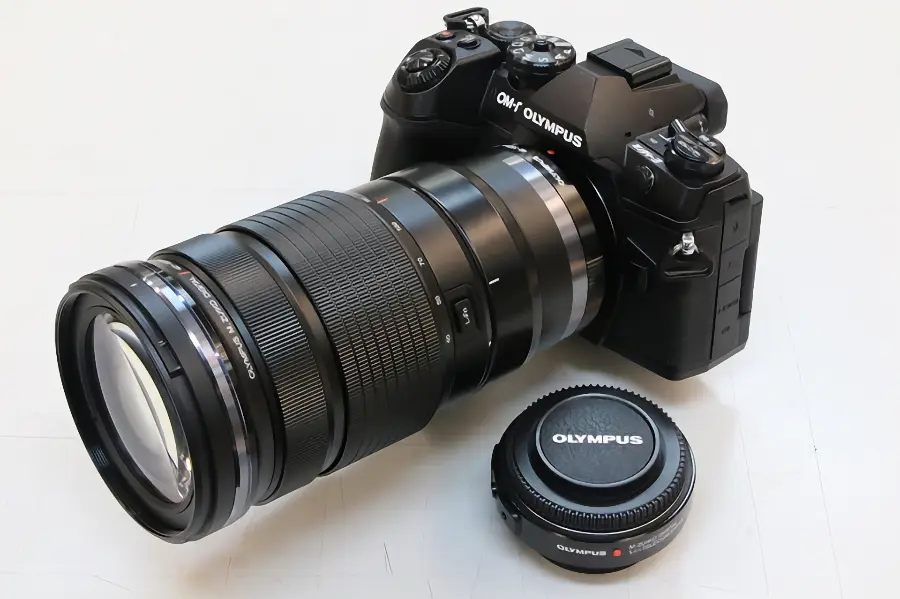
The Olympus OM-D E-M1 Mark II continues to impress with its exceptional portability, 20MP sensor, and 4K video capabilities. In this review, we’ll analyze its value proposition for 2024 based on over three years of real-world experience, examining its key features, strengths, and limitations in detail.
📊 Olympus OM-D E-M1 Mark II Key Specifications
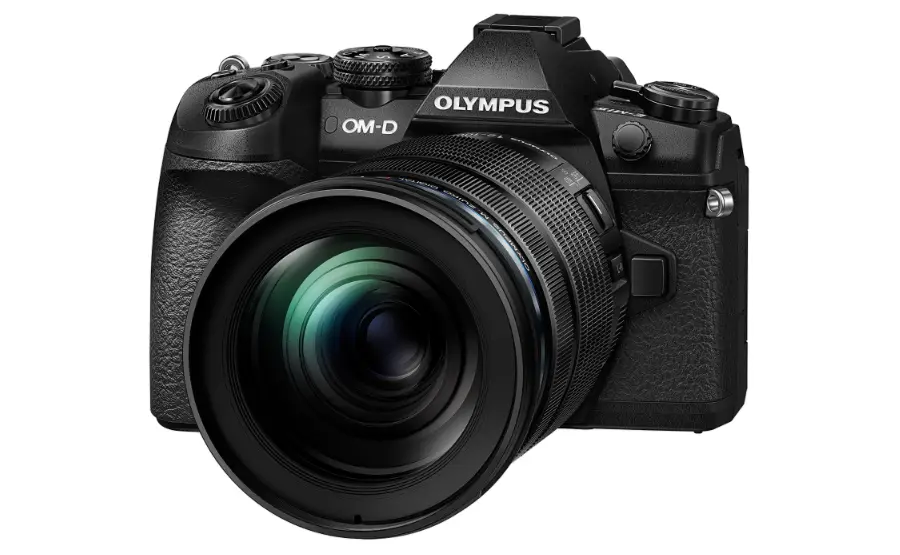
| Specification | Details |
|---|---|
| Sensor | 20MP Live MOS Sensor |
| Processor | TruePic VIII |
| Stabilization | 5-axis in-body image stabilization |
| Autofocus | 121-point cross-type phase-detection AF |
| Continuous Shooting | Up to 60fps (AF-S), 18fps (AF-C) |
| Video | 4K 24p (DCI), Full HD 60p |
| Viewfinder | 2.36M-dot OLED EVF |
| Monitor | 3-inch 1.04M-dot fully articulating touch LCD |
| Weather Sealing | IPX1 rating |
| Battery Life | Approx. 440 shots (CIPA) |
| Weight | Approx. 574g (with battery and memory card) |
🎨 Design and Ergonomics: Balance of Durability and Usability
Compact Yet Robust Body
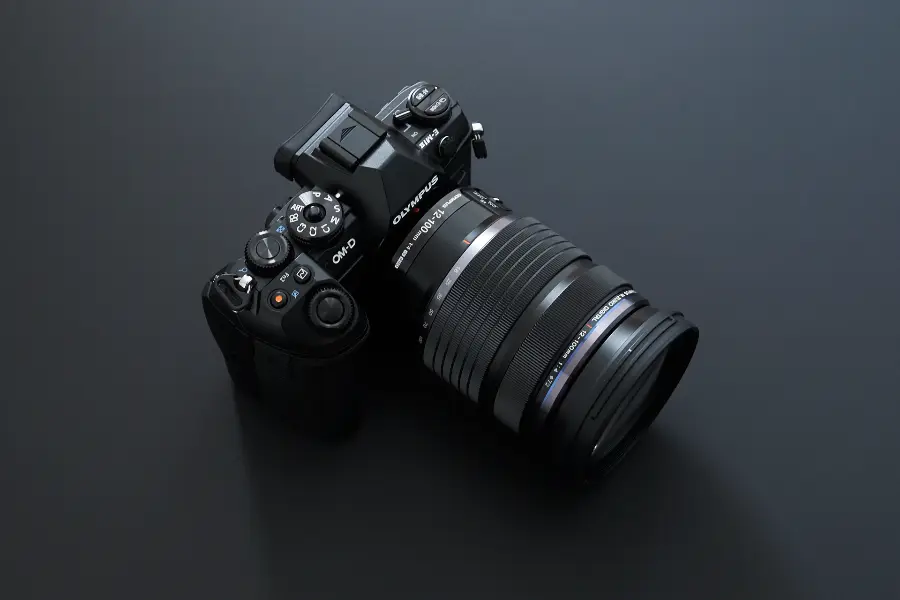
The Olympus OM-D E-M1 Mark II maximizes the advantages of the Micro Four Thirds system with its compact size and lightweight design. At 574g, it’s significantly lighter than comparable APS-C or full-frame cameras. Despite its light weight, the metal construction ensures excellent durability and reliability.
Superior Grip and Controls

The E-M1 Mark II’s grip is remarkably comfortable despite its compact size. Designed to accommodate users with both small and large hands, it provides excellent handling. The top mode dial and dual command dials are intuitively placed, allowing easy adjustments even while using the viewfinder.
Advantages of the Fully Articulating Touchscreen

One of the E-M1 Mark II’s standout features is its 3-inch 1.04M-dot fully articulating touch LCD. This versatile screen facilitates shooting from various angles and is particularly useful for portrait orientation shots and vlogging.
📸 Image Quality: Realizing the Full Potential of Micro Four Thirds
20MP Sensor Performance

The E-M1 Mark II’s 20MP Live MOS sensor delivers image quality that transcends typical Micro Four Thirds limitations. While it may not match full-frame sensors in resolution or dynamic range, it produces highly satisfactory results in most shooting scenarios, with excellent detail retention and color accuracy.
Low-Light Performance

While the smaller sensor size inherently faces some challenges in high ISO performance compared to full-frame sensors, the E-M1 Mark II manages noise effectively up to ISO 3200, producing usable images. When combined with the 5-axis stabilization system, it enables reliable shooting in challenging lighting conditions.
Color Reproduction

Color reproduction remains one of Olympus cameras’ strong suits, and the E-M1 Mark II continues this tradition. The natural yet vibrant color rendition often requires minimal post-processing, delivering pleasing results straight out of camera.
🔍 Autofocus System: Speed and Precision Combined

121-Point Cross-Type Phase-Detection AF
The E-M1 Mark II’s 121 cross-type phase-detection AF points cover approximately 75% of the frame, enabling fast and accurate focusing across most of the composition area. This comprehensive coverage ensures reliable focus acquisition even with off-center subjects.
Versatile AF Modes
The camera offers single AF, continuous AF, manual focus, and face/eye detection AF capabilities. The continuous AF performance shows significant improvement over previous models, demonstrating impressive subject tracking capabilities.
Touch AF and AF Touch Shutter
The touchscreen interface allows direct focus point selection and touch-to-shoot functionality, enabling intuitive and rapid shooting responses that benefit both still photography and video recording.
🌠 5-Axis Image Stabilization: The Cornerstone of Steady Shooting

Powerful 5-Axis IBIS System
The E-M1 Mark II’s 5-axis stabilization system stands among the industry’s best, offering up to 5.5 stops of compensation across pitch, yaw, roll, and vertical/horizontal shift movements. This comprehensive stabilization enables sharp handheld shots at remarkably slow shutter speeds.
Real-World Performance
In practical use, the stabilization system’s effectiveness is remarkable. Users can achieve sharp images at shutter speeds as slow as 1/4 second or even slower when shooting handheld, significantly expanding low-light shooting capabilities while maintaining lower ISO settings.
Impact on Video Recording
The 5-axis stabilization proves equally valuable for video work, enabling smooth, professional-looking footage without requiring a tripod or external stabilization equipment.
🎥 Video Capabilities: Professional-Grade Recording Features

4K Video Recording
The E-M1 Mark II supports DCI 4K (4096 x 2160) recording at 24p, delivering sharp, detailed footage. Full HD recording extends to 60p, enabling smooth slow-motion sequences. The video quality exhibits excellent detail retention and natural color reproduction.
Leveraging 5-Axis IBIS
The camera’s stabilization system particularly shines in video applications, enabling smooth handheld footage and controlled camera movements without requiring additional stabilization equipment.
Advanced Video Features
Professional video features include a flat picture profile for enhanced post-production flexibility, focus peaking, zebra pattern display, and external microphone support for high-quality audio recording.
📱 Special Shooting Features: Expanding Creative Possibilities
Live Composite Mode

The innovative Live Composite mode enables real-time monitoring of long exposure development, perfect for capturing star trails, fireworks, or light painting with precise control over the final result.
Pro Capture Mode
Pro Capture mode continuously buffers frames when the shutter is half-pressed, then saves images from before and after the full press, ensuring critical moments are never missed – particularly valuable for sports and wildlife photography.
High Resolution Mode

Using sensor-shift technology, the camera can produce 50MP high-resolution images when mounted on a tripod, ideal for landscape and still life photography requiring maximum detail.
🔋 Battery Life and Connectivity: Ready for Extended Shooting
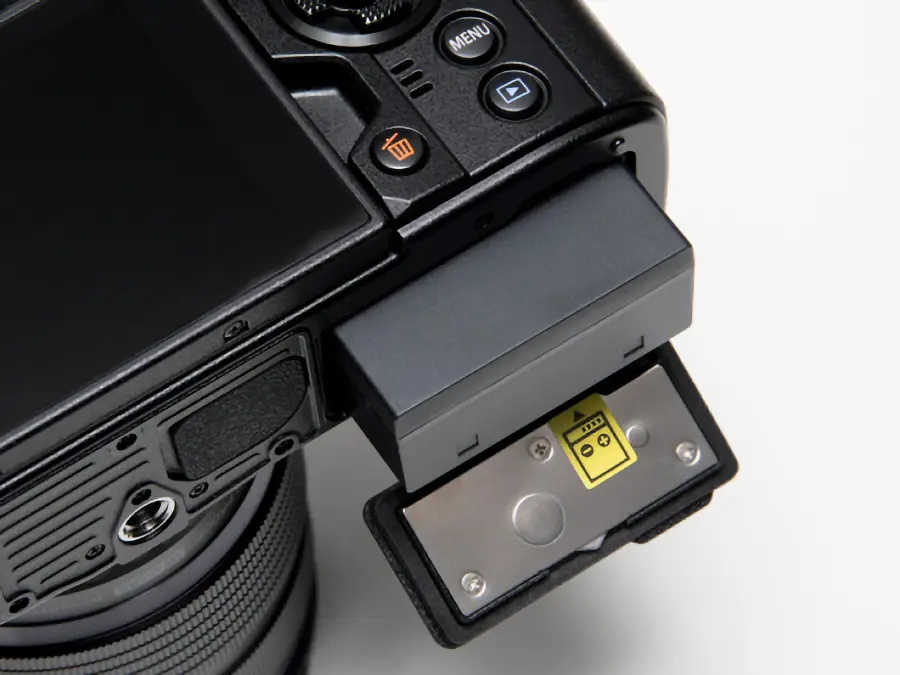
Excellent Battery Performance
The E-M1 Mark II delivers approximately 440 shots per charge (CIPA rated), with real-world performance often exceeding this figure significantly. The efficient power management system ensures reliable operation throughout extended shooting sessions.
Dual SD Card Slots
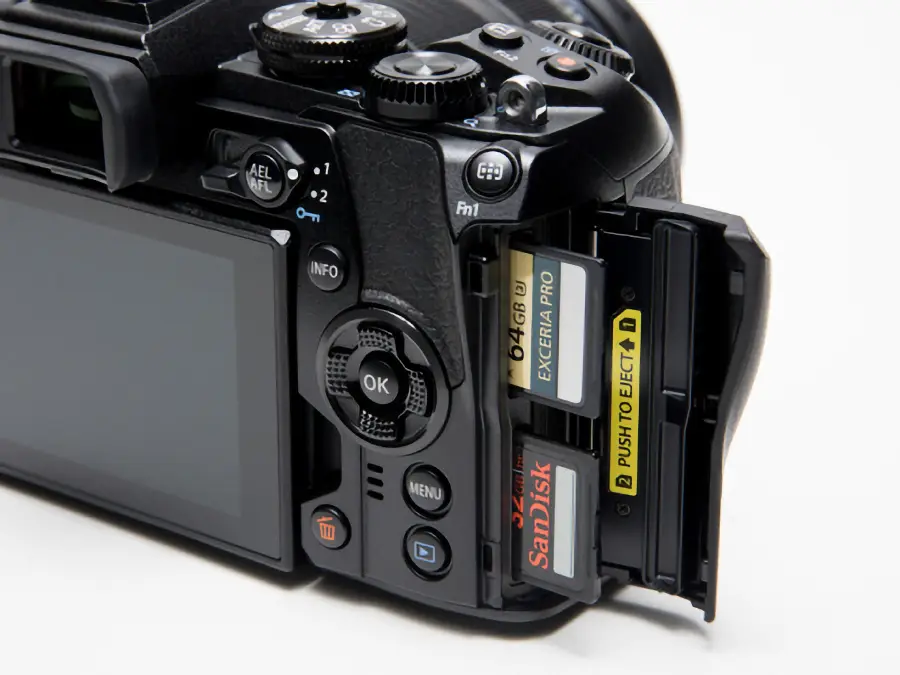
The dual SD card slots provide flexible storage options, including backup recording and the ability to separate RAW and JPEG files. One slot supports UHS-II speeds for faster data transfer.
Wireless Connectivity
Built-in Wi-Fi enables seamless connection to smartphones or tablets through the Olympus OI.Share app, facilitating remote shooting and instant image sharing capabilities.
🏆 Competitive Analysis: Market Position
Comparison with Sony A7 III
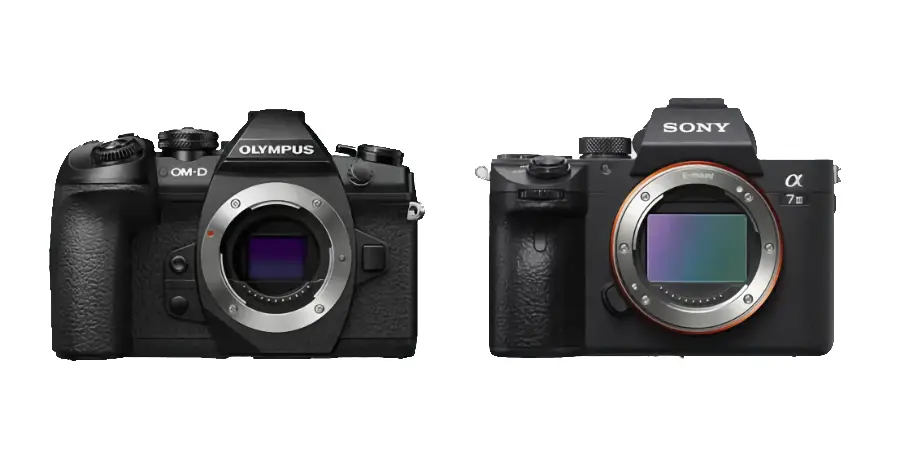
While the Sony A7 III offers superior high ISO performance and dynamic range thanks to its full-frame sensor, the E-M1 Mark II counters with better portability, more effective stabilization, and a more comprehensive weather-sealing system.
Comparison with Fujifilm X-T3
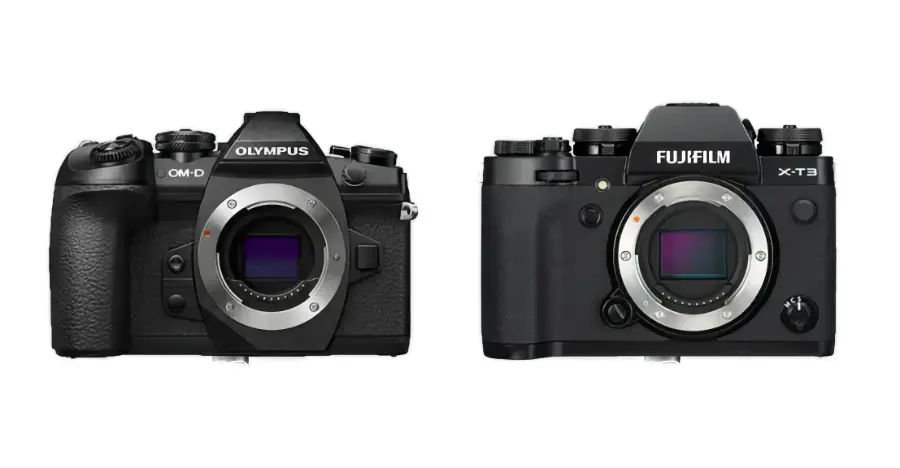
The Fujifilm X-T3 provides higher resolution (26MP) and superior video specifications, but the E-M1 Mark II excels in stabilization performance and weather resistance.
Comparison with Panasonic GH5
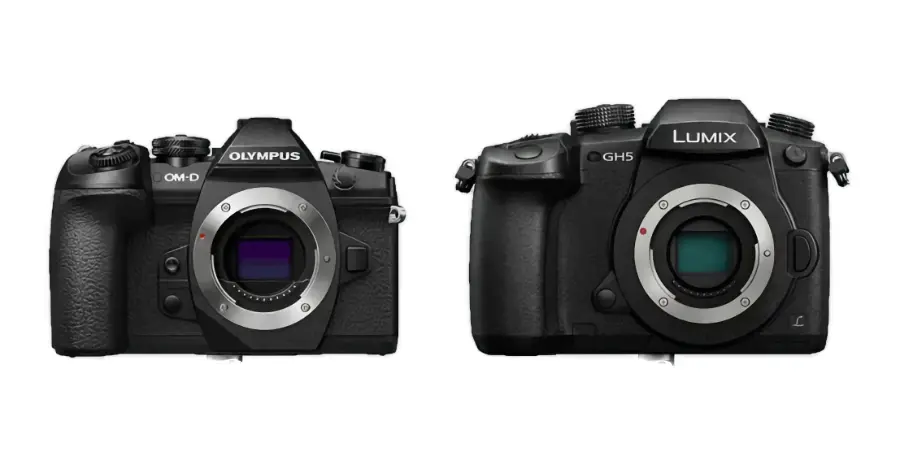
While the GH5 offers superior video specifications and features like 6K photo mode, the E-M1 Mark II provides faster continuous shooting and a more compact form factor.
💡 Pros and Cons Analysis

Advantages
- Exceptional compactness and lightweight design
- Class-leading 5-axis image stabilization
- Robust weather-sealed construction
- Impressive continuous shooting capabilities (up to 60fps)
- Fully articulating touchscreen
- Innovative shooting modes (Live Composite, Pro Capture)
Limitations
- High ISO performance limitations of Micro Four Thirds sensor
- Lower dynamic range compared to full-frame alternatives
- Battery life shorter than some competitors
- Complex menu system requires learning curve
🏁 Conclusion: Still Relevant in 2024
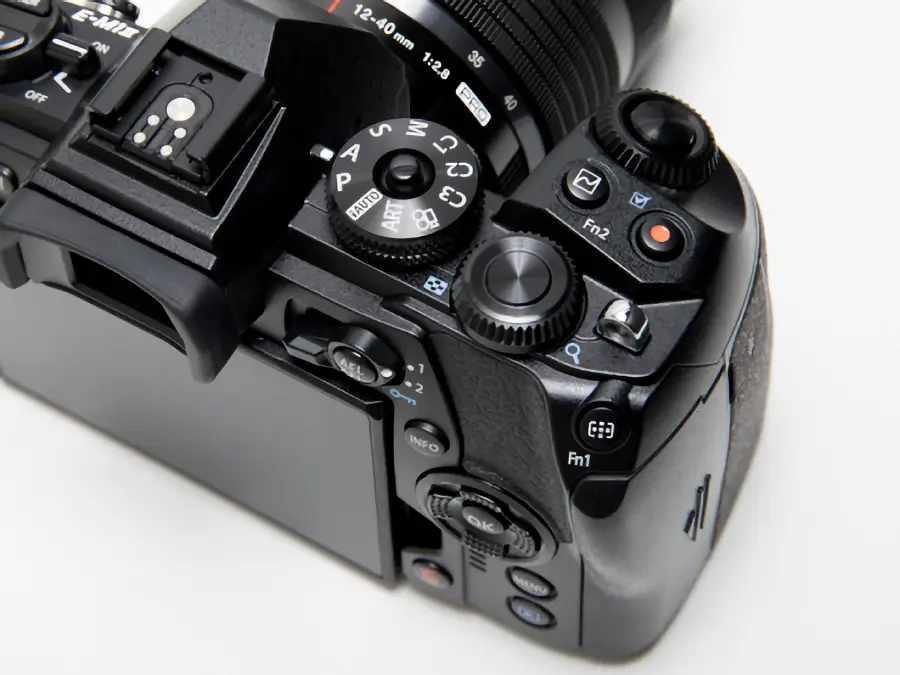
The Olympus OM-D E-M1 Mark II remains a compelling choice in 2024. While newer models may offer improved specifications in certain areas, the E-M1 Mark II’s combination of compact size, exceptional stabilization, robust weather sealing, and versatile shooting features continues to deliver outstanding value.
It particularly excels for travel, landscape, street photography, and light video production. The Micro Four Thirds system’s advantage in lens size and weight makes it an attractive option for photographers prioritizing mobility and versatility.
While high ISO performance and shallow depth of field capabilities may not match full-frame alternatives, these limitations are often outweighed by the system’s advantages in most practical shooting scenarios.
In conclusion, the Olympus OM-D E-M1 Mark II continues to offer excellent performance and value in 2024, especially for users prioritizing portability and versatility. The current market pricing, particularly in the used market, makes it an even more attractive proposition.
Visit Olympus Official Website for more details about OM-D E-M1 Mark II
The E-M1 Mark II remains a powerful tool for creative expression, offering a compelling balance of portability and capability that can elevate your photography and videography to new heights.
